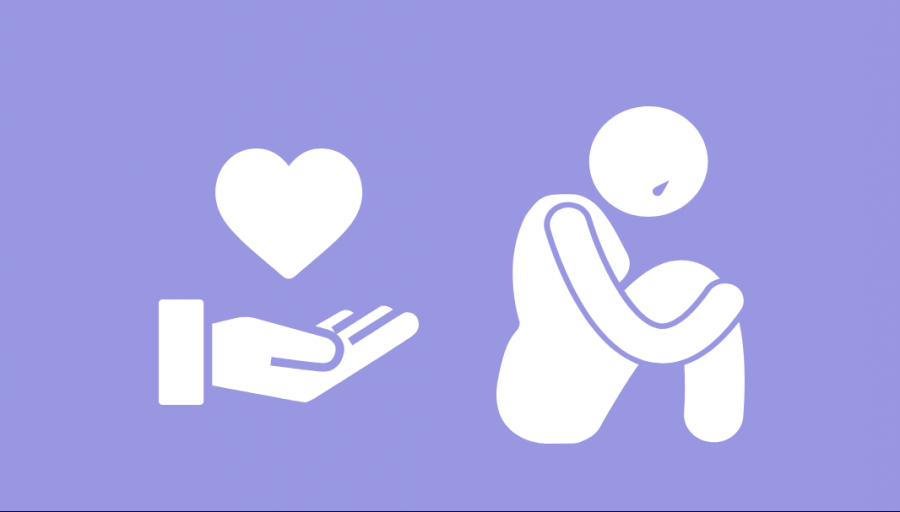Coming to terms with college rejections
A college rejection may be the last thing you want to hear, but ultimately you will end up in the perfect place for you.
February 15, 2021
Student names have been changed to respect the privacy of individuals.
A month ago, I was rejected from my top choice college. I applied there early action and my rejection, in a word, sucked. Though I now believe it was their loss, and I was never meant to end up at that school, the experience has still been extremely difficult, especially when scores of my peers’ acceptances fill my social media feeds day after day.
While social media can make it seem as if everyone and their mothers are getting into their top choice schools, platforms don’t show the countless other students who faced and struggled with rejection.
Senior Cassie applied to her dream school, Cornell, through Early Decision, a binding commitment that an applicant makes to a university if they are accepted. Typically, students only apply Early Decision when they are 100% certain it is the perfect school for them.
Before the decisions came out, Cassie was pretty confident that she would get in; she had legacy — her father had attended the school — and all her standardized test scores were exactly where they needed to be for her to be seriously considered as a candidate. But in mid-December, she opened her letter to be confronted with the words “we regret to inform you….” and came to the disappointing realization many have faced: that her hopes of getting into her dream school were over.
Being rejected from a school she had idolized for years was extremely upsetting to Cassie, and made her frustrated with the college admissions process as a whole.
“Initially, getting rejected from my dream school was a hard hit to take, considering I was pretty confident I belonged there,” she said. “I was pretty mad about it for a week, but after I realized that most people don’t get to read the words ‘welcome to Cornell University,’ I reminded myself it would be okay and that that’s just how college acceptance to Ivy Leagues works.”
Even for those who are not expecting admission, rejection is still upsetting. Senior Katie applied ED to a school she knew was a reach from the outset. Still, Katie felt dismayed after receiving a rejection letter — not only as a result of her own unsuccessful candidacy, but because of how low any prospective student’s chances were at receiving admission.
“Whether you loved a school or didn’t, any college rejection is going to affect someone’s confidence,” Katie said. “I personally experienced extreme doubt in myself and whether I would even get into any college after one ‘no.’ I feel like an important thing I learned is to not take the college process personally, and to remind myself that I will end up at a school that will make me the happiest.”
As a general rule, college acceptance is a gamble, even beyond the IvyLeague and other “extremely competitive” schools. You could be the most qualified student inside and out of the classroom and still ultimately find yourself reading a rejection letter. But in the end, you’re more than likely to get accepted to a school that’s perfect for you, even if it wasn’t your first choice.
So, for those like me who remember seeing countless “‘insert name’ to ‘insert competitive school’” posts on Instagram and hoping one day your friends would be able to do the same for you, just remember they still will, regardless of when that acceptance letter arrives.








